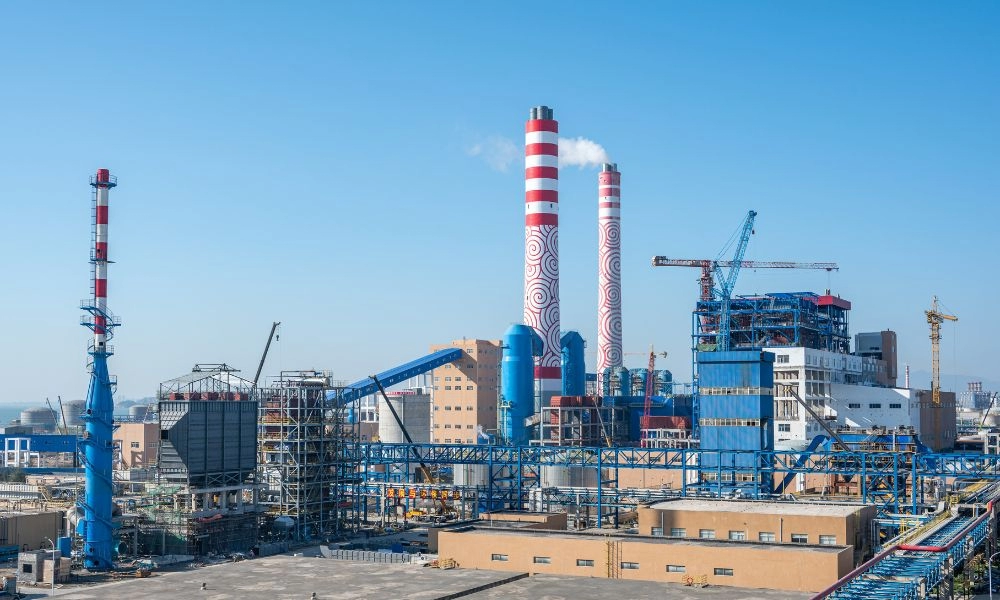
Discover the Pinnacle of Excellence in various industries with Attomo – The Leading Manufacturer and Turnkey Supplier, offering comprehensive solutions from concept to completion. Also offers the engineering consultation and designing.
Isopropyl alcohol (IPA) plays a crucial role as a solvent in the electronic and precision machinery industries, serving as a cleaning and dehydrating agent. It finds widespread use in semiconductor manufacturing processes, specifically in the washing and cleaning of wafer surfaces [1], [2], [3], [4]. In the case of a state-of-the-art semiconductor plant with line widths of 0.13 μm or smaller, the annual consumption of high-purity IPA surpasses a thousand tons, and the IPA used for washing and cleaning ultimately becomes waste solvent.
Incineration may be used to handle the waste solvent due to its significant organic content. However, this method results in the loss of a valuable resource, namely IPA, which can be separated from the waste solvent using distillation [5] or pervaporation [6], [7] due to its relatively low boiling point of 82.4 °C. Distillation is commonly employed in the chemical and petrochemical industries to separate and purify volatile organic compounds. Although effective, distillation is energy-intensive and relatively expensive, making it generally unsuitable for IPA recovery from the waste solvent. In recent years, pervaporation has gained popularity as a method for dehydrating substances using hydrophilic membranes. While it consumes less energy, pervaporation is a complex process and can be challenging to operate. Therefore, these methods are not ideal for effectively recovering IPA from the waste solvent.
